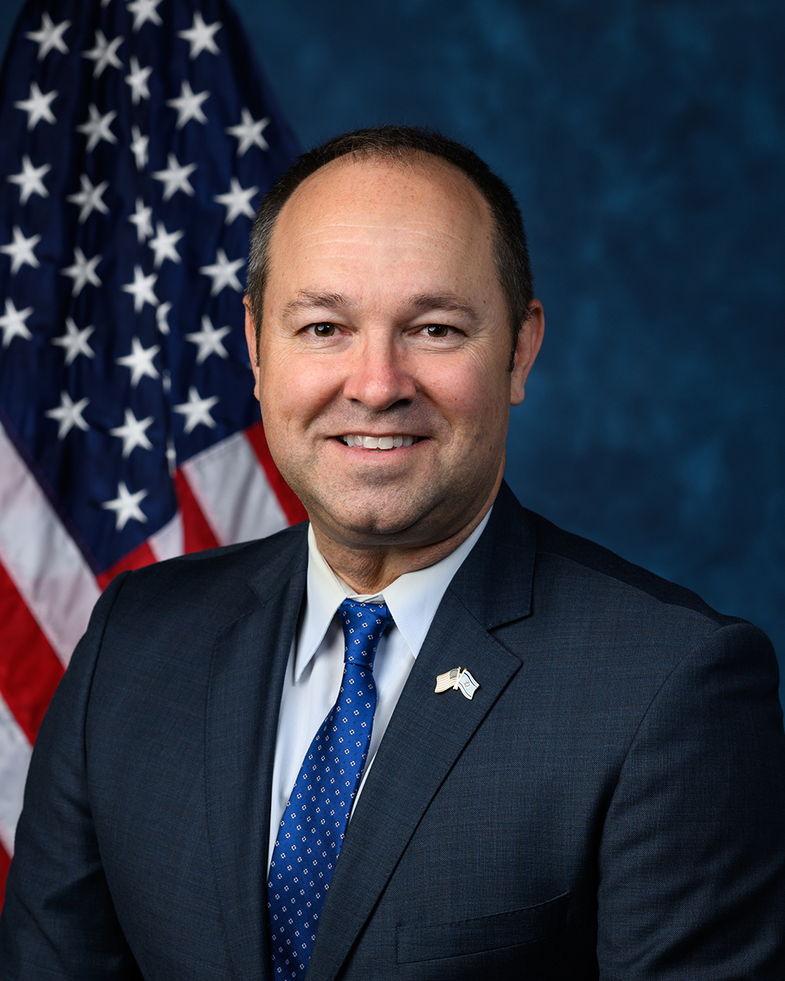H.R. 2393: Protect American Beef Act.
This bill, known as the Protect American Beef Act, aims to address issues surrounding the importation of Wagyu beef from Australia to the United States. It outlines a series of measures intended to establish a more balanced trading environment for American Wagyu beef producers. Below are the key components of the bill:
1. Overview of Wagyu Beef
The bill identifies Wagyu as a breed of cattle originally from Japan. It notes that there is a growing industry for Wagyu beef in the United States, which is currently the largest consumer of beef globally. However, American Wagyu producers face challenges due to competition from imported Wagyu beef, particularly from Australia.
2. Import Tariff Proposal
A primary feature of the bill is the proposal to impose a 70 percent tariff on Wagyu beef imported from Australia. This tariff is aimed at leveling the playing field between American producers and Australian imports, which benefit from a favorable trade agreement and a significant exchange rate advantage. The bill argues that the current taxation structure and trade agreements are skewed in favor of Australian imports, putting American producers at a disadvantage.
3. Reciprocal Trade Agreements
The bill calls for the establishment of reciprocal trade agreements, meaning that if Australia imposes higher tariffs or non-tariff barriers on American Wagyu beef, the U.S. may respond by increasing its import tariffs on Australian Wagyu beef to match those rates. This measure is intended to ensure that trade practices are equitable between the two countries.
4. Assessment Criteria for Duties
The bill allows the President to determine whether to impose tariffs based on the duty rates applied by Australia and any non-tariff barriers that may exist for U.S. Wagyu exported to Australia. The President can negotiate with Australia to reduce these tariffs or eliminate non-tariff barriers that disadvantage American products.
5. Additional Considerations
When deciding on any trade actions, the President must consider factors such as:
- Tariff classifications of Wagyu beef between the U.S. and Australia.
- The physical characteristics and end uses of the Wagyu beef products.
- Overall trade levels and competitive relationships between U.S. and Australian Wagyu.
6. Role of the United States Trade Representative
The United States Trade Representative (USTR) will play a key role in advising the President on the appropriate duties and trade strategies with respect to Australian Wagyu beef imports. They will analyze the impact of Australia's tariffs and any non-tariff barriers on trade.
7. Tariff Adjustments and Termination
The President retains the authority to adjust the rates of duty imposed on Australian Wagyu beef. If Australia eliminates its tariffs or non-tariff barriers, the increased tariffs on Wagyu imports from Australia may be terminated. Additionally, if Australia's trade policies become less favorable, the U.S. may increase tariffs even further.
Relevant Companies
- US Meat Export Federation (USME) - A key player in the meat export industry, its operations may be affected by new tariffs imposed on beef imports, impacting competition and pricing strategies.
- Tyson Foods (TSN) - As a major U.S. beef producer, any changes in trade tariffs could affect Tyson's market position in the Wagyu segment and overall beef market dynamics.
This is an AI-generated summary of the bill text. There may be mistakes.
Sponsors
1 sponsor
Actions
2 actions
| Date | Action |
|---|---|
| Mar. 26, 2025 | Introduced in House |
| Mar. 26, 2025 | Referred to the House Committee on Ways and Means. |
Corporate Lobbying
0 companies lobbying
None found.
* Note that there can be significant delays in lobbying disclosures, and our data may be incomplete.




